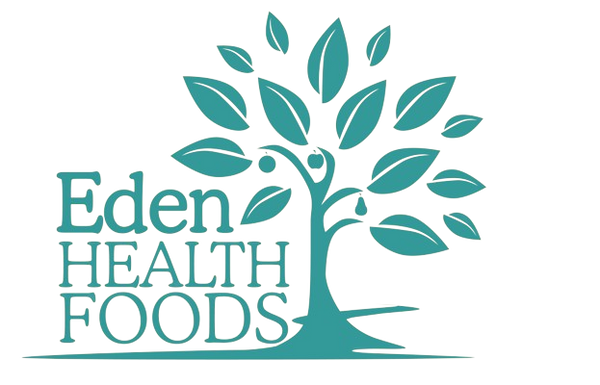When it comes to nature's superfoods, bee pollen is often hailed as one of the most nutrient-dense substances available. Packed with proteins, vitamins, and minerals, it’s no wonder that bee pollen has become popular among health enthusiasts. But before diving into this nutritional powerhouse, understanding the correct dosage is essential to harness its benefits effectively.
Understanding Bee Pollen's Nutritional Profile
Bee pollen is a blend of flower pollen, nectar, enzymes, honey, wax, and bee secretions. Each tiny granule is a powerhouse of nutrients, containing over 250 biologically active substances. It’s rich in proteins, amino acids, vitamins like B-complex and C, and minerals such as calcium, magnesium, and potassium. This unique composition makes bee pollen a sought-after supplement for boosting energy levels, enhancing the immune system, and promoting general well-being.
Recommended Dosage: How Much is Just Right?
When incorporating bee pollen into your diet, starting with a small dosage is crucial to gauge your body’s reaction. Typically, beginners are advised to start with 1/4 teaspoon per day and gradually increase to 1-2 teaspoons daily, depending on individual tolerance and health goals. It's important to note that some individuals may have allergic reactions, so consulting with a healthcare provider before starting is recommended.
Maximizing Benefits: The Best Ways to Consume Bee Pollen
Bee pollen can be easily integrated into your daily routine. Sprinkle it over your morning cereal, blend it into smoothies, or mix it with yogurt for a nutritious boost. Some people enjoy adding it to salads for a crunchy texture. The key is to keep it raw, as heat can destroy some of its valuable nutrients. Ensuring that you consume bee pollen regularly can help maintain its beneficial effects on your health.
Precautions and Potential Side Effects
While bee pollen is generally safe for most people, it’s crucial to be aware of potential allergic reactions, especially for individuals allergic to pollen or bee stings. Symptoms can include itching, swelling, shortness of breath, or anaphylaxis in severe cases. Pregnant and breastfeeding women are advised to avoid bee pollen due to limited research on its safety for these groups.
Conclusion
Bee pollen is a versatile and nutrient-rich supplement that can offer numerous health benefits when consumed appropriately. By understanding the correct dosage and being mindful of potential allergies, you can enjoy the vibrant health benefits it provides. As with any supplement, it's important to listen to your body and consult with healthcare professionals to tailor your intake to your personal health needs.


